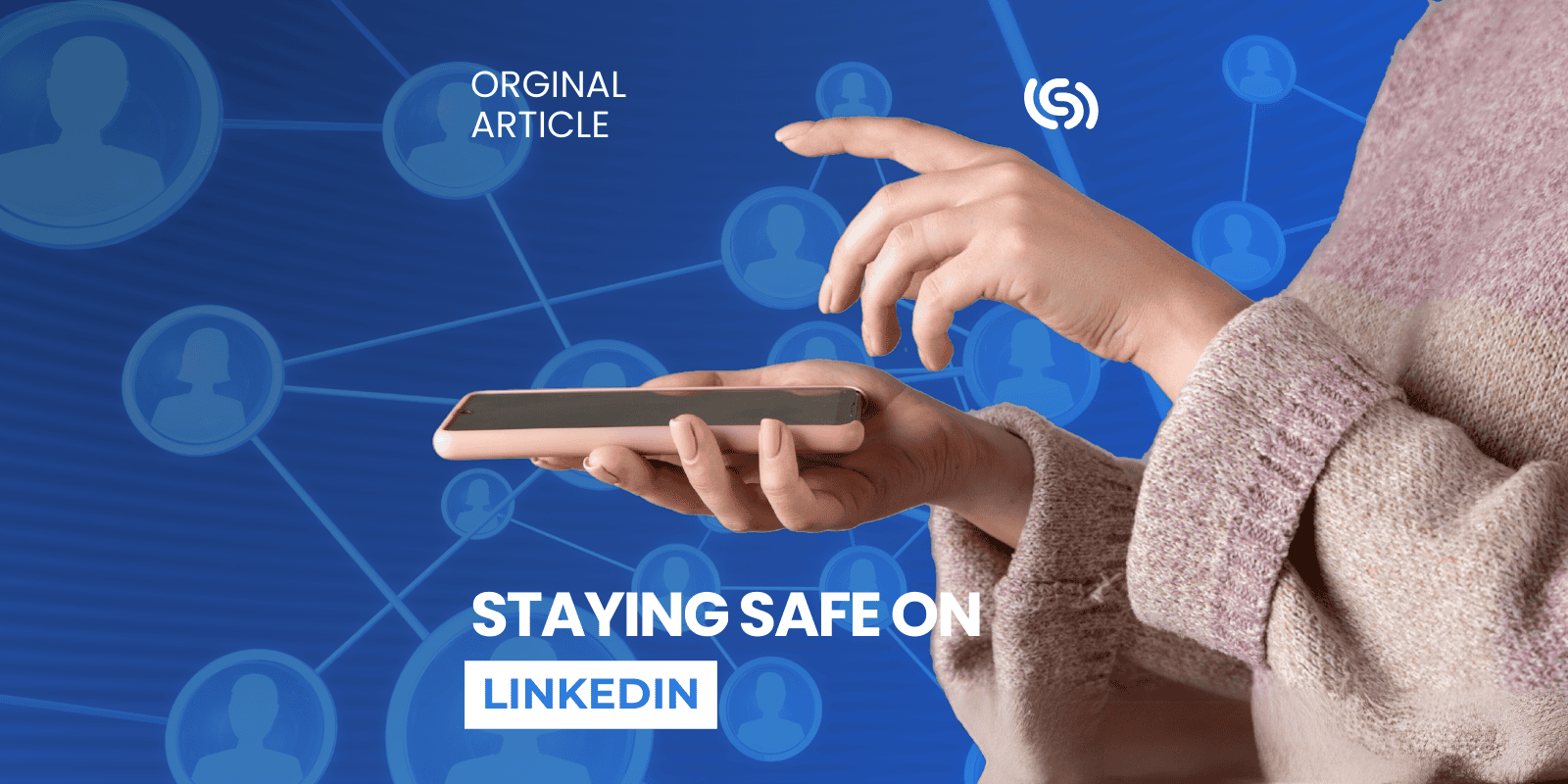
Boost your LinkedIn security with these simple steps to keep your profile safe.
Impersonation on social media takes various forms but broadly refers to profiles or accounts that feature the name or image of an individual or organisation which is most likely used for fraudulent purposes.
Typically, the perpetrators use the same photos, names, descriptions or hashtags as the official accounts. In an attempt to add legitimacy to the bogus accounts, the perpetrators may create other seemingly innocuous accounts in the name of random individuals with no connection to the brand and use them to “like” or post comments to the main imposter account.
The fact that a given imposter account may have enough likes or comments may be enough to convince users seeking the brand owner that the imposter account is in fact the genuine one.
On social media platforms such as LinkedIn, impersonation of employees and directors are frequently encountered, but increasingly impostor accounts can be found on Facebook and Instagram as specific pages, profiles or groups.
Once these bogus accounts are created the perpetrators may start sending private messages directly to victims or redirect them to external websites. They may also even encourage victims to contact them via WhatsApp. WhatsApp and other messaging services such as Telegram, have the obvious advantage in that its communications are almost impossible to monitor and the perpetrators can groom their victims, safe in the knowledge that the targeted brand owner may not be aware and therefore unable to intervene.
Bogus social media accounts are frequently used to perpetrate multiple online scams at the same time. For example, Business Email Compromise scams (“BEC” scams) are not new but are a form of phishing where criminals attempt to dupe brand owner executives or employees into revealing sensitive information or even transferring funds. These emails are harder to detect as they are tailored to specific individuals. Increasingly, criminals are using copycat social media profiles (on Linkedin and Facebook in particular) with the aim of convincing the recipients of emails, that they are in fact genuine. These scams affect brand owners both large and small, from multinational companies to start-ups.
On the one hand, smaller sized brand owners may not have official social media accounts for either the company itself or their executives, so they are often easy prey for online criminals who will try to take advantage of the gap and attempt to dupe the brand’s customers and potential customers. At the other end of the scale, brand owners with a more established social media presence are also attractive to criminals as they know the brand already has a significant number of followers and potential customers to target.
From an enforcement perspective, Lexsynergy still recommends that brand owners ensure that they have a social media presence for their company and for key executives which are then ratified or authenticated as official accounts. It is far easier to report a case of impersonation if the brand owner concerned can point to their official social media accounts being cloned or mimicked.
Secondly, whilst automated searches on social media platforms for the brand name and the names of key executives can help to alert the brand owner to suspicious accounts at an early stage, there is considerable value to be had by periodically conducting manual searches for those keywords.
Finally, as a general principle prevention is always better than cure, Lexsynergy recommends brand owners have visible scam warnings on their official websites and social media accounts which are regularly updated to take into account how the perpetrators adjust their tactics to perpetrate their scams.
Account security is also important. If brand owners operate social media groups, they should ensure that several employees have “admin” rights in the event that one of their administrative user accounts is compromised, the other users with admin rights would be in a position to mitigate the damage caused.
If your brand is having issues with social media fraud, be sure to reach out to our brand protection team who will be able to provide specialist support to combat these issues.